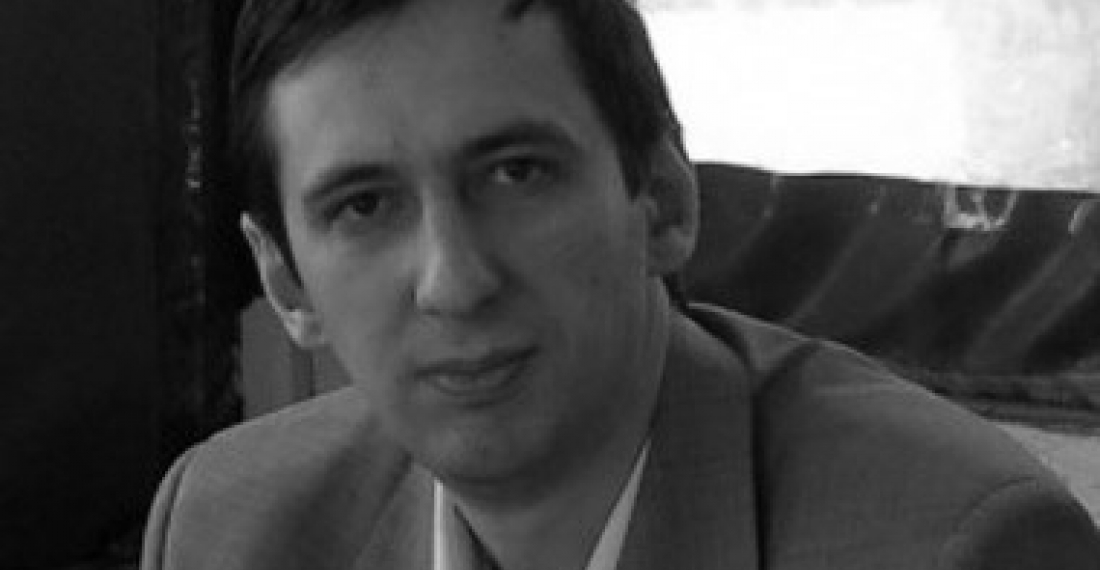The Nagorno-Karabakh conflict may serve as a good regional level model for those developing the European collective security system, Andrey Areshev, political expert, the Institute of Black Sea Political Research, said in an interview to ArmInfo.
"The latest impulses in the Nagorno-Karabakh peace process have signaled that it is stagnating in the face of growing pre-electoral activity in Armenia, Azerbaijan and the co- chair states," Areshev said.
He said that the mediators will hardly succeed in finalizing the process now. "For attaining any final agreement they should solve a number of problems, the ongoing military rhetoric and arms race being one of them. If the co-chairs really want the conflict to be resolved, they should appear with new effective solutions," the Russian expert said.
He believes that today there is no alternative to the present status quo. "If based on efficient monitoring mechanisms, it will allow reducing casualties on the contact line and preventing relevant propaganda campaigns. And this will be a big step towards the final settlement," Areshev said.







